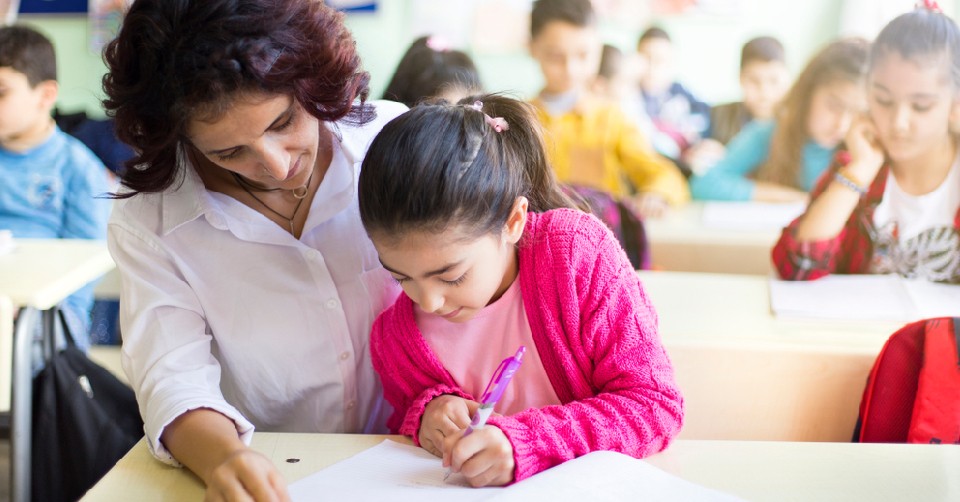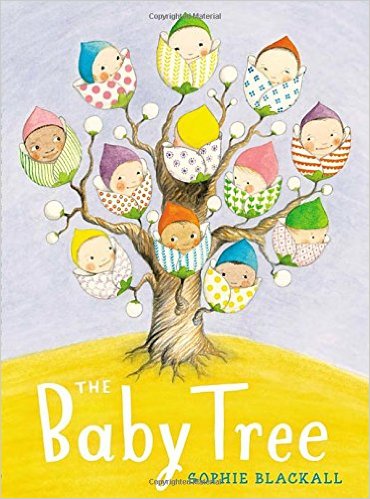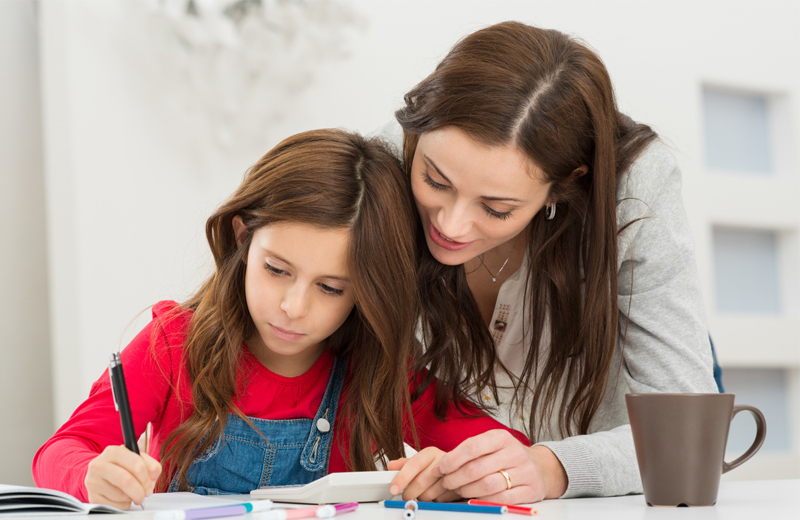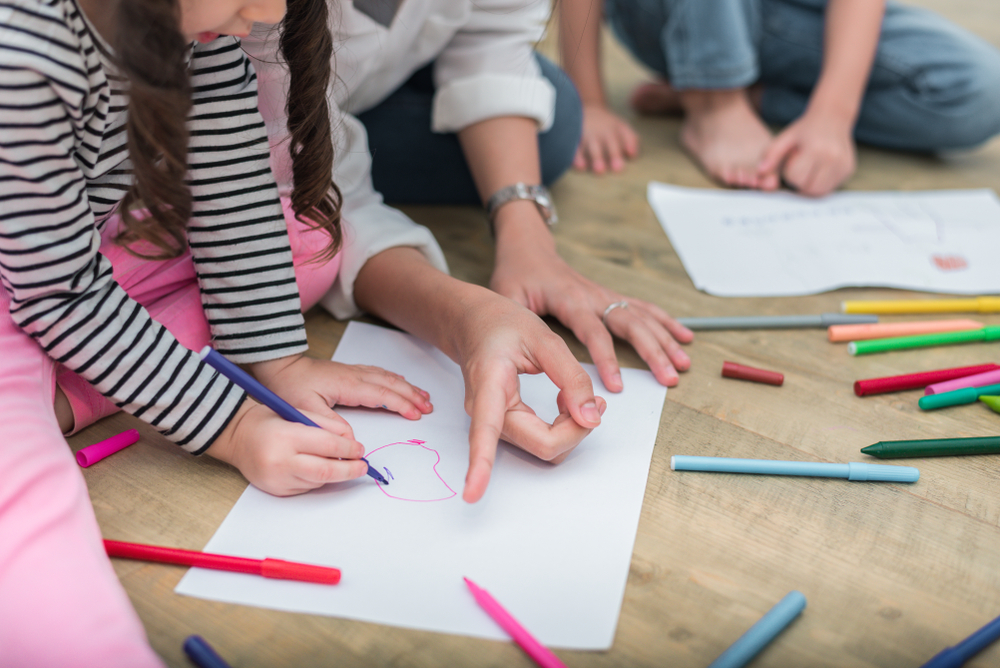Preschoolers 4-5 Years
15 skills to teach your kids before they turn 6: Part 3

In the previous articles, we’ve been talking about the importance of life skills, and how practicing these skills generates a greater sense of happiness and fulfillment. If you haven’t read parts one and two, go back and catch up.
We’ve covered the following life skills:
-
Decision Making
-
Patience and Delayed Gratification
-
Problem Solving
-
Commitment and Discipline
-
Communication
-
Perseverance
-
Compassion
-
Contentment
-
Understanding
-
Acceptance
We’re excited to introduce you to the final five life skills considered essential to the happiness and wholeness of your entire family.
-
Self-Confidence
Self-confidence is about knowing that you are good at certain things and being sure of your ability to perform and succeed in those areas. Children who are aware of their potential and talents grow into confident adults. No, we don’t want our kids to act like snobby know-it-alls, but we do want them to be self-aware and know of their gifts and talents. We want them to know they have something unique to offer the world. It is important to help cultivate their self-confidence.
Again, leading by example is key. What are your hobbies and talents, Mom? Share the things you enjoy with your children, and note their interests. As early as two years old, your child will begin to display particular preferences, talents and skills. It might be athletic, artistic, musical, emotional or cognitive. Tell them what you noticed about them and motivate them in those areas. Ask them about what they love doing, what they think they’re good at. Then ask them how they can use those things to bring joy or help to others around them. Give meaning and purpose to their hobbies and talents.
Example: I love making cookies for our family to enjoy. I'm good at it and it's fun for me. What is something you enjoy doing?
Example: Look at how many different colours and shapes you used in this drawing! I’ve noticed how much time you’ve spent drawing lately. Tell me about your art... Can you think of a way you could use your drawing skills to inspire someone?
Example: Talk to me about some of the things you’re good at... Which activity do you enjoy the most? How does it make you feel knowing you’re good at it? Are there ways you can use your talents to help other people?
-
Self-Esteem
As mothers, we know our children are invaluable! No price comes close to how much they're worth. And we want our kids to have a sense of their value as well. We want them to have high self-esteem. What does this look like? How do we develop this? A lot of it starts with the way we value ourselves. When we make time for ourselves, love who we are and who we’re becoming, and are quick to forgive ourselves, we are modelling self-esteem.
It’s different than self-confidence because it is not dependent on what we do or achieve. Instead, self-esteem communicates that you know you have inherent value as a human being, and you are worthy of love and acceptance. No matter how good or bad you are at things. Draw your children’s attention to opportunities for self-care and self-forgiveness. Uplift them with your words and actions — the same as we discussed with acceptance (in part two). Instill in them the belief that God made them unique and valuable, and no one can take that away from them.
Example: You are so precious. I can’t even explain all the reasons — you just are! God made you this way, he made you special, do you know that?
Example: Hey, it’s great you let our neighbour know that you want to be paid a little bit to water and weed his plants. It shows that you understand you are valuable and have something helpful to offer. You’re worth every penny and more! But you’ll do it for free for mom, right?
-
Trust
Trust can be difficult for your kids to have. It took you growing your child in your womb for nine months — and another couple of years of constant attention — to get you to the place you are with your kids today! But the more they learn to trust you and Baba, the more they’ll be able to trust other people. A safe, secure home is the starting base. It says that there are good people in the world — people who are honest, loving and kind. Sure those “good people" start as the members of your family.
Be intentional about talking with your kids about feelings they have toward new people. If your child seems very hesitant or has a strong dislike for someone, learn to trust your kid. Ask them about their feelings, and then don’t push them into a situation that makes them feel insecure. It could have a negative effect and make your children distrustful of others. Instead, encourage them to talk to and trust people they are comfortable around. Having faith in God’s plan is another road to happiness and security. Encourage your children to trust the Higher Power who is protecting them, and to talk to Him when they’re feeling scared or unsure.
Example: I love seeing you sit with Teta and telling her about your day. It seems like you really trust her. What about her makes you so comfortable with her?
Example: I noticed you held my hand hard and didn’t like talking to your brother’s teacher. What do you feel when you’re around her? Is there anything that makes you not trust her?
-
Hope
Hope gives one the strength to persevere through hard and stressful times. It’s believing in the light at the end of the tunnel. If the mom is optimistic and hopeful, it’s likely her children will adopt a similar attitude when facing trials. Talk to your child about the times they felt stressed, scared or uncertain about the future. What helped them at the time, and how did everything turn out? You can even have your kids practice visualizing what it will look like to be “in the light” and on the other side of their struggle. This can be a helpful exercise to do before bedtime, ensuring your kids go to sleep optimistic.
Example: I know you’re stressed about your big science project. What are you worried about the most? What would success look like in this situation? Focus on the end result and remember you’re going to get through this.
Example: I’m sorry you’re fighting with your friends right now, I’m sure it makes you feel lonely. But remember last year, when you had a fight with your cousin and you thought he would never forgive you? Remember how that turned out? You became friends again! Do you think that’s possible in this situation too?
-
Faith
Faith wasn't saved for the end because it isn't important, it's the last because you need to remember it. Faith — trusting in God’s love for us and our children, His plan for our lives and His desire to guide us as we grow as parents — gives you the strength you need to work on all the other life skills we’ve discussed. To have faith that God is so much bigger than us and all the situations swirling around us brings unbelievable peace. This goes for all the parents and children. Your devotion to practicing your faith daily brings a sense of security to your children and strengthens one's trust in God. Encourage your kids to invest in their spiritual growth, and to let love for God pour out of their hearts and extend to others.
Example: Today, I was reading about Prophet Abraham and all the ways God used him when he was alive. Do you want to read about Abraham in your book? Can you repeat the story to me? Did you learn anything new about God from this story? How can you apply to your life?
Example: I notice you get scared when I leave the room for a minute. Did you know God is always with you? You can talk to Him and tell Him about your fears. Ask Him to give you strength, that’s what I do when I’m scared.
Example: Thanks for apologizing about complaining, I forgive you. Do you know where forgiveness comes from? Did you know God always forgives us, and He gives us the strength to forgive other people?
We hope you enjoyed this three-part series on life skills! You could bookmark it and refer to it as you integrate these principles into your family life. The more intentional you are about personally adopting each skill, the more natural it will be for your children to learn them. As you sharpen one or two skills, you’ll notice several others will quickly and easily follow. They are all related and work together to usher you into a new level of peace and happiness. Enjoy the new relationships you’ll enjoy from developing yourself and your family!
And if you haven’t already, make sure to read parts one and two.
*This is an edited article from the original one from http://www.helenasayegh.com/














